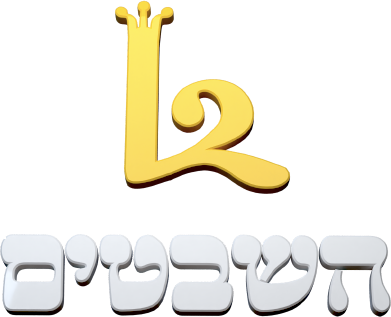Reuven and the Well

Reuven
Retired and annotated by tribal representatives in common thought
Keren KloosSima LevyYona SneHila Cohen RabinovichMoran Pelled-TavlovichAlexandra OxenoidDafna Turgman
Jacob's blessing: "Reuven Bakri, thou shalt be alive, and first of all Oni thou hast given up a goat; Puff like water, don't give up, for you have risen from your father's shoulders, so you have fallen from the leaves of a leaf."
Reuven and Emotional Responsibility: When we come to study Jacob's blessing to Reuven, we learn the Reuven part of each of us. The souls of all Israel together constitute a psychic emotional and personality fabric that pulsates in each and every one of us, with the goal of recognizing and recognizing it, and uniting all the parts.
Reuven is Jacob's firstborn and the blessings begin with him. As befits the firstborn, he takes responsibility from an early age for life situations, people and energies that are different from his own, and the burden on his shoulders is great. Jacob begins to list the good sides of the firstborn, he has the power to get things done and is always the first to make moves. First, it means the one who paves and charts the way for others. Think of a sprint runner. It has the immediate and very quick connection to lofty ideas, and is brimming with advice.
In the sale of Yosef, he is the first to make up his mouth and make a counter-offer to his brothers: Instead of killing him, let's just throw him into the pit. There is partial responsibility here, and the root of his correction is also mapped. Reuven shirked full responsibility for Yosef's life. You can see that his advice was accepted, meaning that there is the power to influence the majority opinion easily. Reuven represents outward vision, sees the good in everything and sees others before himself. The active male spark, the one that wants to give of itself, exists naturally.
The second part of the blessing also deals with Yaakov's feedback, and here he allows himself to tell Reuven a few points to think about for him and for all of us. Moreover, he gave up a goat, twice the word over, meaning something in Reuven's dimensions is unbalanced, he does everything and extra. True, you have the strength to bear burdens and have the courage to set foot in new places, but be careful because you may be as carbonated as water – I mean, a flood of good intentions can throw you out of emotional balance and then you overflow.
It is a situation that we all know that there are times when we have excellent intentions and desires, but these do not coincide with those around us and may end up achieving the opposite goal. Consider the sentence: The road to hell is paved with good intentions. "Don't give up" – this time I mean don't give up to yourself, change this way. This emotional impulsivity needs to change to control and responsibility for managing the emotional body.
Jacob concludes by saying that Jacob ascended his father's Yetzoi-Yatzei letters. Reuven's advice to his father to change his night's bed due to his mother Leah did not coincide with his father's wishes. He hoped and did good out of intense love for his mother, but without emotional restraint and took the right to choose from his father. Sometimes we all want to do good, we just don't think all the way through. True goodness is that which offers itself but does not impose on others.
What is the correction to this part of Reuven? Since he is completely busy giving outward, he must turn inward to the well within him (Reuven – letters of Be'er N-Bo-R) to the inner prophecy, look at the water and connect to the love within him and to himself. For any unbalanced giving ultimately leads to a state of detachment from one's being as a giving and receiving body.






